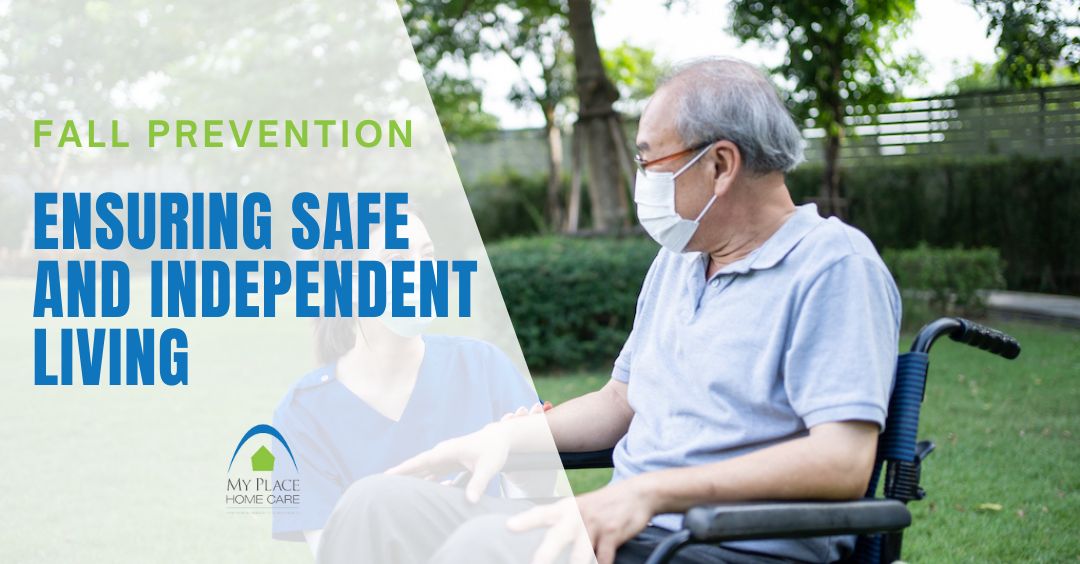Companionship Services in Ottawa: Helping Seniors Stay Socially Engaged
As individuals age, maintaining social connections becomes increasingly important. Senior companionship in Ottawa plays a crucial role in enhancing the mental, emotional, and physical well-being of elderly individuals. Loneliness can have severe effects on a senior’s health, leading to depression, cognitive decline, and even physical ailments. By offering social care for the elderly, companionship services help seniors stay connected, engaged, and emotionally fulfilled. The Importance of Companionship for Seniors Reducing...
NUTRITION FOR SENIORS: A GUIDE TO HEALTHY AGING
As we age, maintaining good nutrition becomes increasingly important for overall health and well-being. Proper nutrition plays a crucial role in supporting a strong immune system, maintaining energy levels, and reducing the risk of chronic illnesses. However, for seniors, nutritional needs and challenges change, requiring a mindful approach to diet and meal planning. Why Nutrition Matters for Seniors A well-balanced diet helps seniors stay active and independent for longer. Eating the right...
TIPS FOR MANAGING TYPE 2 DIABETES
Managing type 2 diabetes involves a combination of lifestyle changes, medication, and regular monitoring to maintain blood sugar levels within a target range. Effective management can help prevent complications and improve overall health. Here are some key tips for managing type 2 diabetes: 1. Healthy Eating Maintaining a balanced diet, eating regular meals and being mindful of your portions are healthy eating habits that can assist in managing your diabetes. Persons with...
TIPS FOR SUCCESSFULLY AGING IN PLACE
Aging in place refers to the ability of older adults to live in their own homes and communities safely, independently, and comfortably, regardless of age, income, or ability level. This lifestyle choice is increasingly popular, as it allows seniors to maintain their independence and enjoy familiar surroundings. Here are some essential tips for successfully aging in place: 1. Home Modifications for Safety and Accessibility Enhance Mobility and Access: Install Ramps and Handrails:...
WHAT COSTS TO EXPECT IN RETIREMENT – CONTINUED
In the previous blog, the key costs that were examined were housing costs, healthcare expenses, daily living expenses, insurance, and taxes. In this blog related to retirement costs, the remaining expense categories are examined. The categories are savings and investments, debt repayment, emergency fund, estate planning and practical tips for managing retirement costs. Savings and Investments Building your savings account and investments during your working life plays a large role in your...
Emotional and Social Benefits of Home Care
Homecare provides numerous emotional and social benefits, significantly enhancing the quality of life for seniors and those with chronic illnesses or disabilities. Here are some emotional and social benefits as well as tips for maximizing the benefits: Emotional Benefits of Homecare With an increase of seniors leaning towards aging in place, home care provides increased comfort and familiarity. Receiving care in a familiar environment helps reduce anxiety and stress, fostering a sense...
WHAT COSTS TO EXPECT IN RETIREMENT
Costs associated with retirement living In the last blog related to retirement planning, the amount of money needed to retire was discussed as well as different sources of income retired Canadians could receive. In this blog, we will examine what costs retirees can expect to pay. These expenses can be monthly, quarterly or annually. Some of these costs are for necessities such as housing, daily living expenses, insurance, healthcare expenses and...
Fall Prevention: Ensuring Safe and Independent Living
Falls are a common and serious concern for individuals receiving home care, particularly for the elderly and those with mobility issues. Preventing falls is crucial for ensuring a safe living environment and maintaining independence. In this blog, we will discuss the importance of fall prevention and how it can improve quality of life. The Importance of Fall Prevention - Reduces the Risk of Injuries Falls can lead to serious injuries, such as...
How Does Meditation Improve Health?
According to Buddhism, a person can reach Nirvana or the highest state of enlightenment through continuous meditation and by participating in the Buddha’s daily service, among other things. Over time, many people have benefited from the practice of meditation. Meditation, as practiced by Buddhist monks and practitioners, has become a spiritual tool and health enhancer. More than just the chants and meditative posture, meditation is about proper breathing and concentration of...
Meals to Help Slow Down Dementia
What to eat, what to eat?: A look at different meals that may carry benefits to slowing cognitive decline for those with dementia Everyday we wake up and one of the first things we do is eat our breakfast. Later on we have some snacks or our lunch, and as the day goes by we eventually make ourselves dinner. We do this because our bodies need energy to keep us going...











